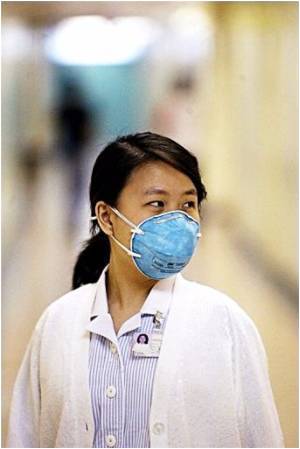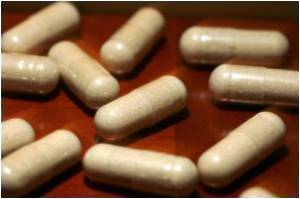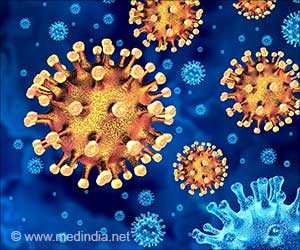The Union Health Ministry has rejected the claims of Centre for Disease Control (CDC) in Taipei that one of the two Taiwan nationals.

"The case does not meet the clinical characteristics of NDM-1 enterobacteriaceae infection," according to the CDC, who had informed the National Centre for Disease Control (NCDC) about the development.
An English daily quoted NCDC sources as saying that since the patient's stool sample was not tested before he was admitted to the hospital, no one could be sure that he was not carrying the organism in his intestines.
Two persons riding a motorbike shot at the two Taiwanese who were traveling in a tourist bus. Police and witnesses said eight to ten rounds of fire were directed at the bus before the attackers escaped.
One of victims was injured in his skull and the other in his abdomen.
38-year-old Taiwanese national Ko Chiang was operated on for hepatic and bowel injuries at Lok Nayak Hospital. He was discharged on September 27.
Advertisement
"Taipei has "modified" its opinion. They have now agreed that the organism might have entered his body in some other country and certainly not acquired from India," he added.
NDM-1 (New Delhi metallo-beta-lactamase) is an antibiotic-resistant superbug.
Source-ANI












